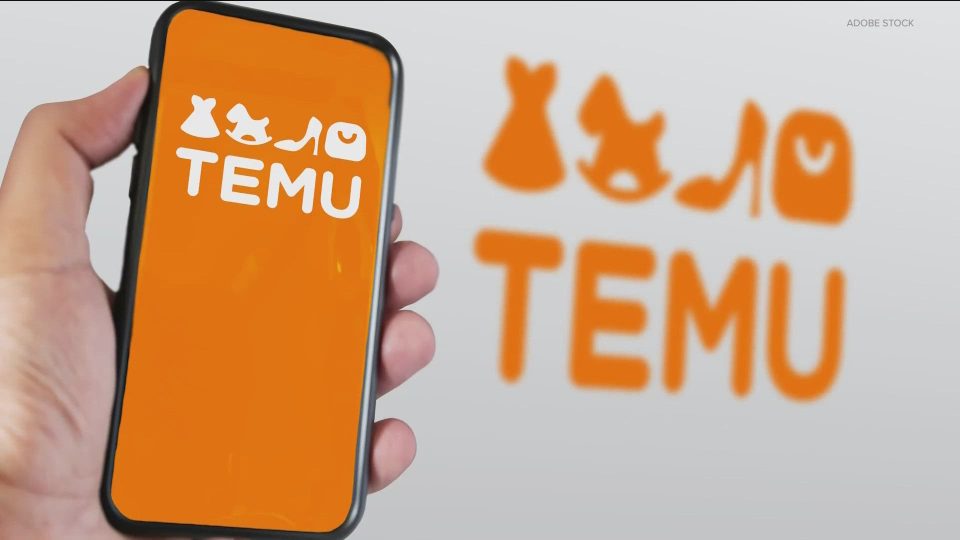Chinese e-commerce giant Temu, operated by PDD Holdings (NASDAQ: PDD), has dramatically altered its pricing model for U.S. shoppers, introducing hefty import charges that, in many cases, more than double the final cost of its famously low-priced goods. This move comes as a direct response to the sweeping tariffs on Chinese imports imposed under the administration of President Donald Trump, which have upended the economics of cross-border online retail and are reshaping consumer behavior in the U.S.
Temu built its reputation in the U.S. on ultra-low prices, often undercutting domestic and global rivals by shipping goods directly from Chinese factories to American consumers. However, the recent escalation in tariffs-now totaling 145% on Chinese imports-has forced the platform to add substantial “import charges” at checkout. These surcharges, ranging from 130% to 150% of the item’s price, have left many shoppers stunned as their final bills soar far above initial expectations.
For example, a customer purchasing a $23.61 three-pack of men’s athletic shorts recently faced an additional $32.75 import fee, bringing the total to $56.36. In another case, a $19.49 power strip attracted $27.56 in import charges, making the surcharge 1.41 times the product’s base price. Social media is awash with similar stories, with users posting screenshots of shopping carts where $64 worth of merchandise incurred nearly $90 in import fees, and $86 in goods came with a $135 surcharge.
The dramatic price hikes stem from the U.S. government’s decision to revoke the longstanding “de minimis” exemption, which previously allowed parcels valued under $800 to enter the country tariff-free. As of May 1, 2025, these packages are subject to a 120% ad valorem duty or a flat fee of at least $100 per item, with the overall tariff burden on Chinese imports now standing at 145%. The result is a seismic shift for platforms like Temu, which had relied on the exemption to keep prices low and logistics simple.
Temu’s checkout page now warns customers that “items imported into the U.S. may incur import charges,” clarifying that these fees cover all customs-related procedures and duties paid on behalf of the buyer. However, the company notes that the displayed fee may not match the amount ultimately charged by customs authorities.
Not all Temu products are affected equally. Goods shipped from U.S. warehouses-often labeled as “local”, generally avoid the new surcharges, keeping their prices relatively stable. For instance, a blender shipped domestically was listed at $34.19 with no import fees, while a similar model shipped from China cost only $5.94 but came with an $8.18 import charge, surpassing the item’s base price.
To adapt, Temu has been urging its Chinese suppliers to send goods in bulk to American warehouses, a strategy it calls a “half-custody” framework. This approach allows some inventory to bypass the steepest tariffs, but as U.S. stocks deplete, prices are expected to rise further unless trade tensions ease.
The impact of these tariffs extends beyond Temu. Rival fast-fashion platform Shein has also raised prices, with some items seeing increases of over 300%. Dropshipping businesses and other e-commerce brands that rely on Chinese sourcing are reporting sharp declines in U.S. sales and are shifting focus to other markets.
Barclays analysts have described the competing tariffs as so severe that they amount to a “trade embargo on both sides,” warning that many goods may simply not make it to the U.S. market at all. For American consumers, the era of ultra-cheap Chinese imports appears to be over, at least for now, as the cost of global trade disputes is increasingly being passed directly to the checkout page.
As Temu and its peers adjust to this new reality, U.S. shoppers must weigh whether the platform’s remaining deals are worth the added expense, and the broader e-commerce landscape faces a period of uncertainty and rapid change.

